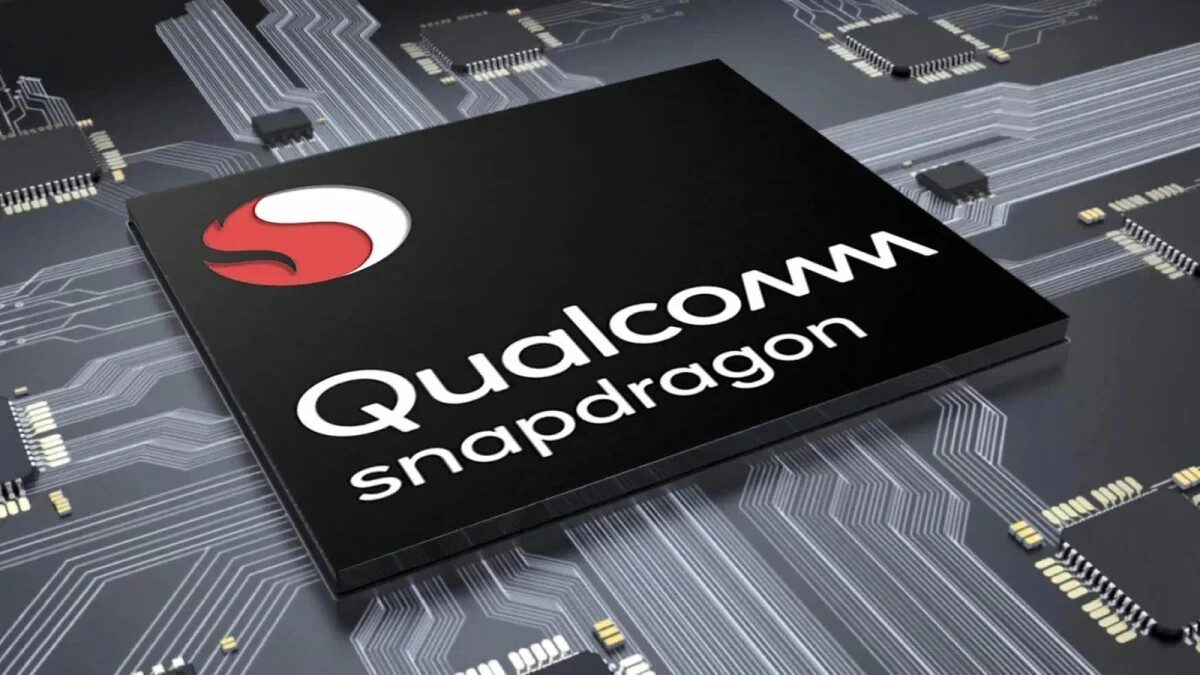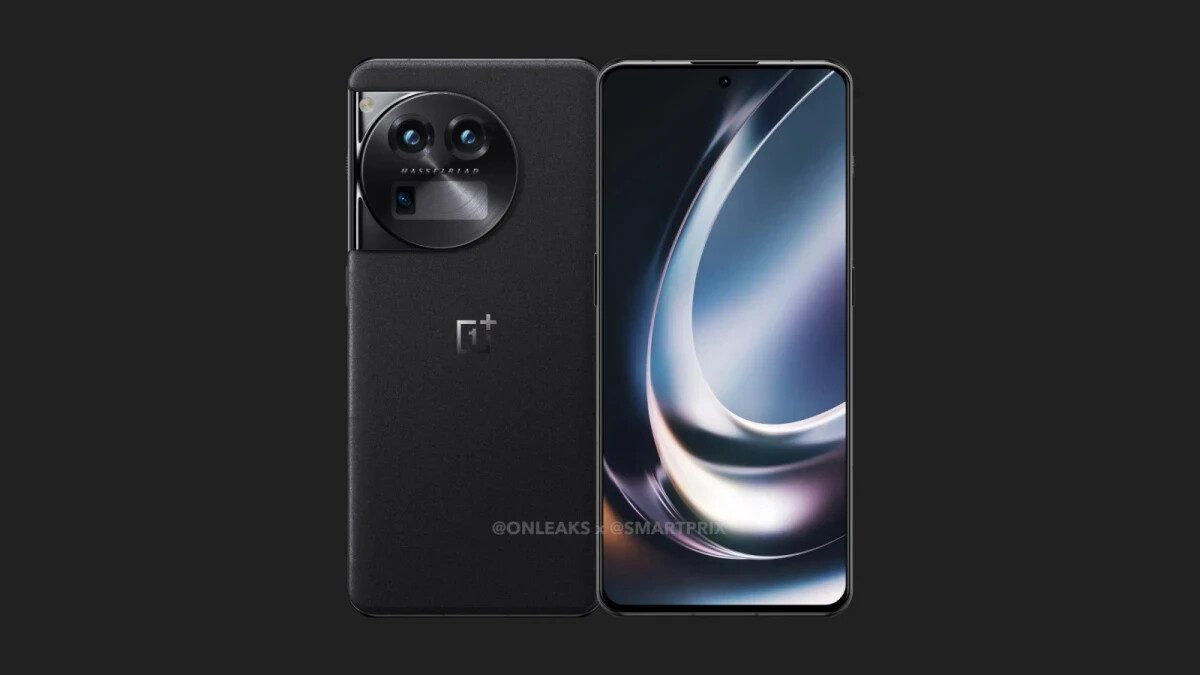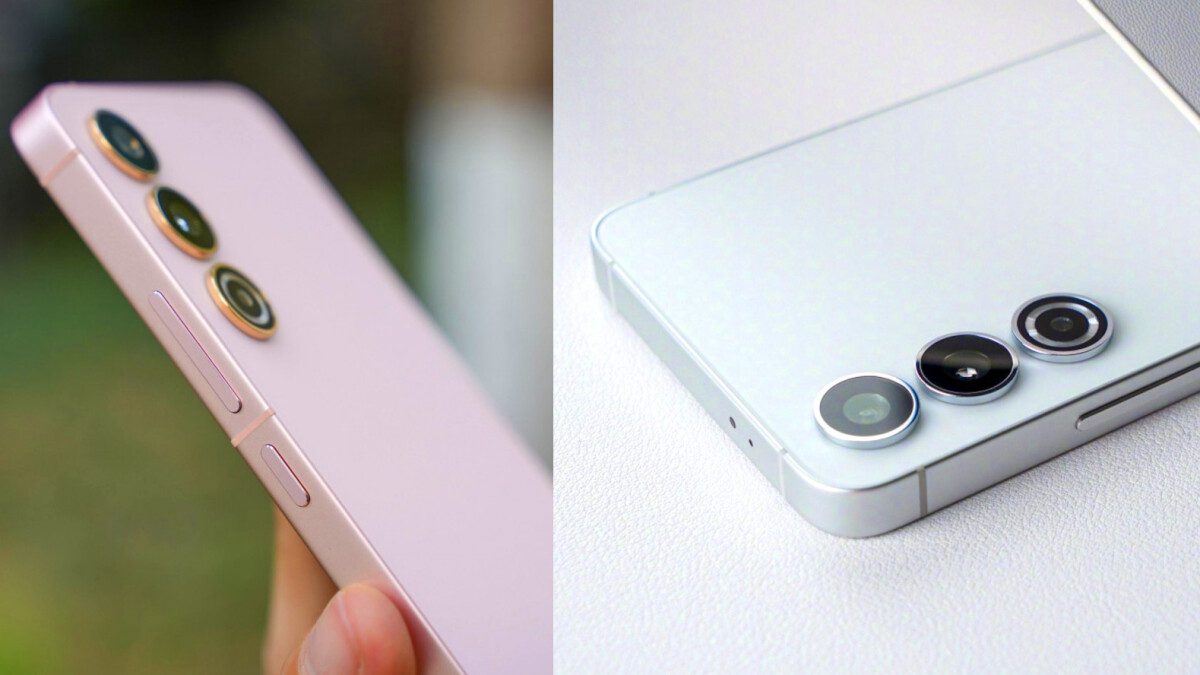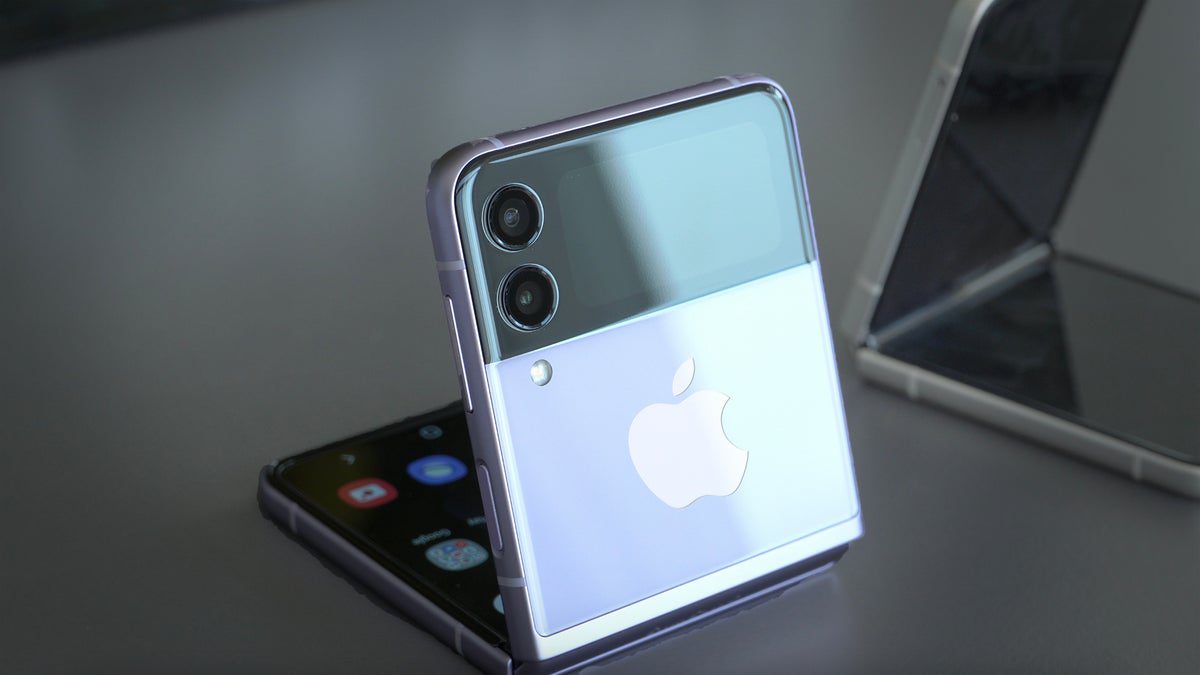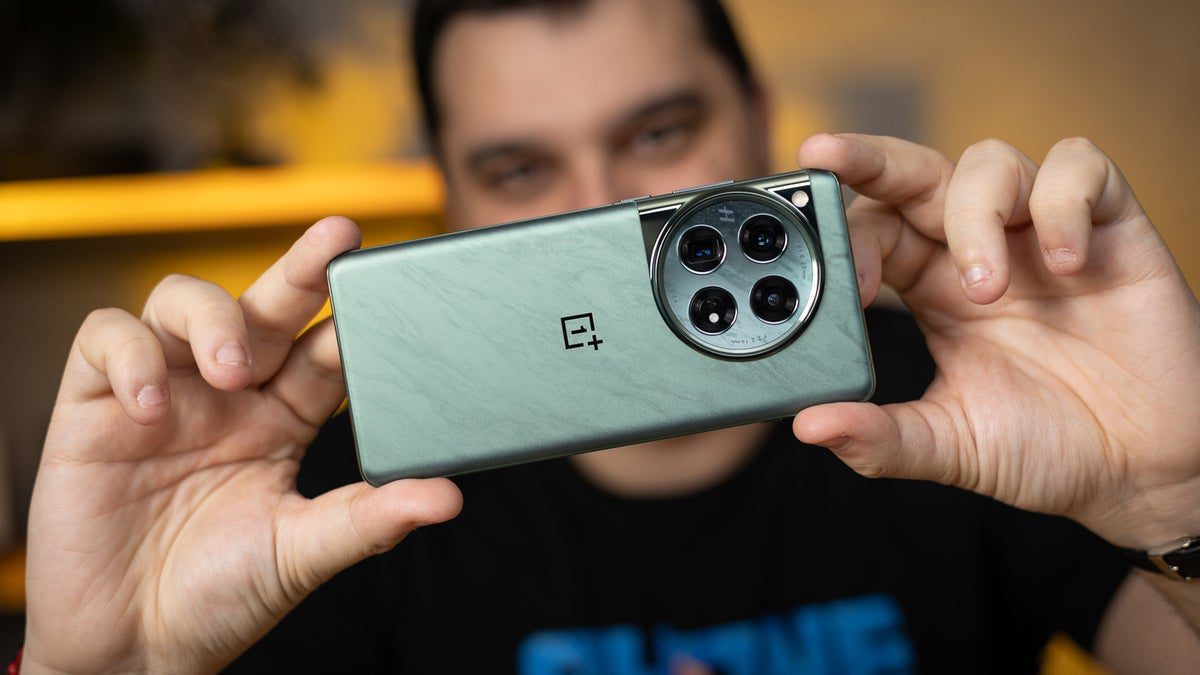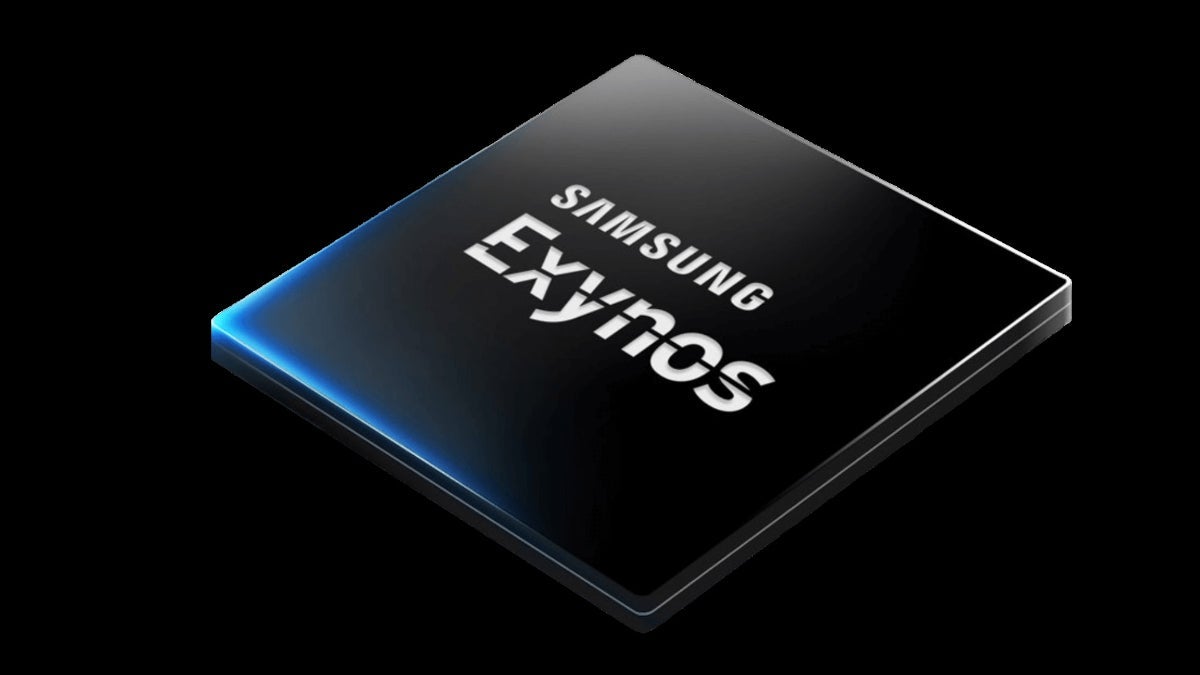Huawei surprised everyone with the introduction of its latest flagship model, the Mate 60 Pro, which is powered by its homegrown Kirin 9000s SoC. This is the first Huawei phone in three years to feature a 5G Kirin chipset. Previously, due to restrictions, Huawei had to rely on Qualcomm’s chipsets for its flagship lineups. However, with the company’s backs against the wall, it had to make some adjustments to obtain the license for the Snapdragon 8+ Gen 1 SoC used in the Mate 50 and P60 series, resulting in the exclusion of 5G support.
The use of the Kirin 9000s SoC in the Mate 60 Pro is particularly surprising considering that China’s largest foundry, SMIC, was believed to lack the necessary equipment to produce smartphone-quality 7nm chipsets. This is due to the ban on shipments of extreme ultraviolet lithography (EUV) machines to China. These machines play a crucial role in etching the delicate circuitry patterns onto silicon wafers, allowing for the integration of billions of transistors on a chip.
In terms of Qualcomm’s business, Huawei’s decision to continue using its Kirin chips next year will have a significant impact. Last year, Huawei purchased 23 to 25 million chipsets from Qualcomm, and this number is expected to increase to 40 to 42 million in 2022. As a result, Qualcomm not only loses Huawei’s business but also faces tougher competition from Huawei in the Chinese market, leading to a decline in shipments to non-Huawei Chinese phone manufacturers.
According to industry analyst Ming-Chi Kuo, Qualcomm’s SoC shipments to China in 2024 are projected to be 50 to 60 million units lower than this year. Kuo’s survey indicates that Qualcomm will initiate a price war in China starting in the fourth quarter of this year, aiming to regain market share. However, this strategy may result in lower profits for the company.
Overall, Huawei’s decision to rely on its own Kirin chips for its flagship smartphones poses a significant challenge for Qualcomm, both in terms of business loss from Huawei and intensified competition in the Chinese market.
